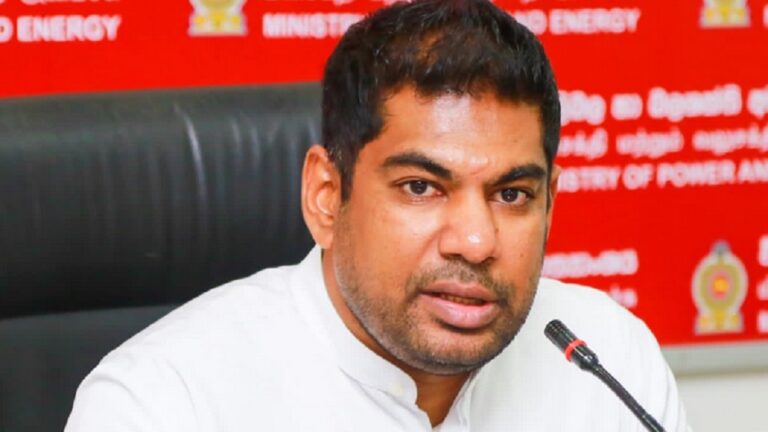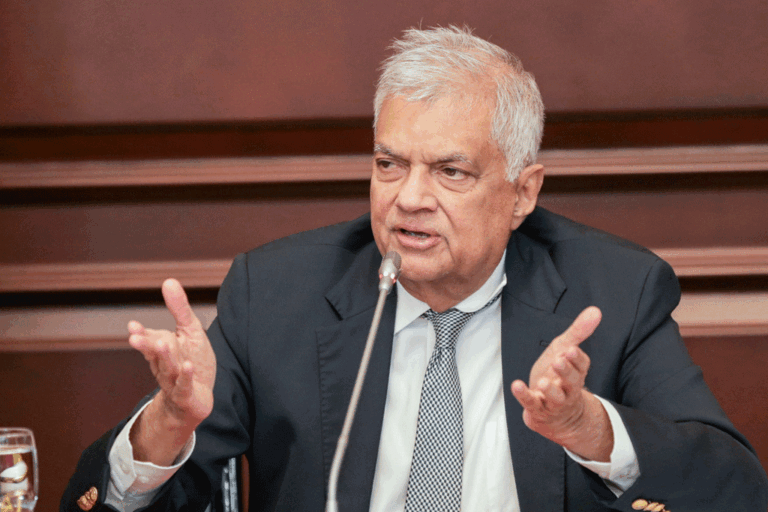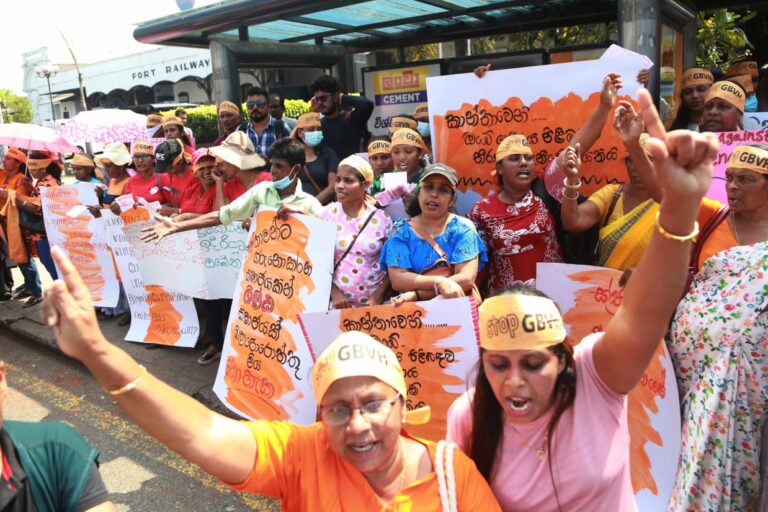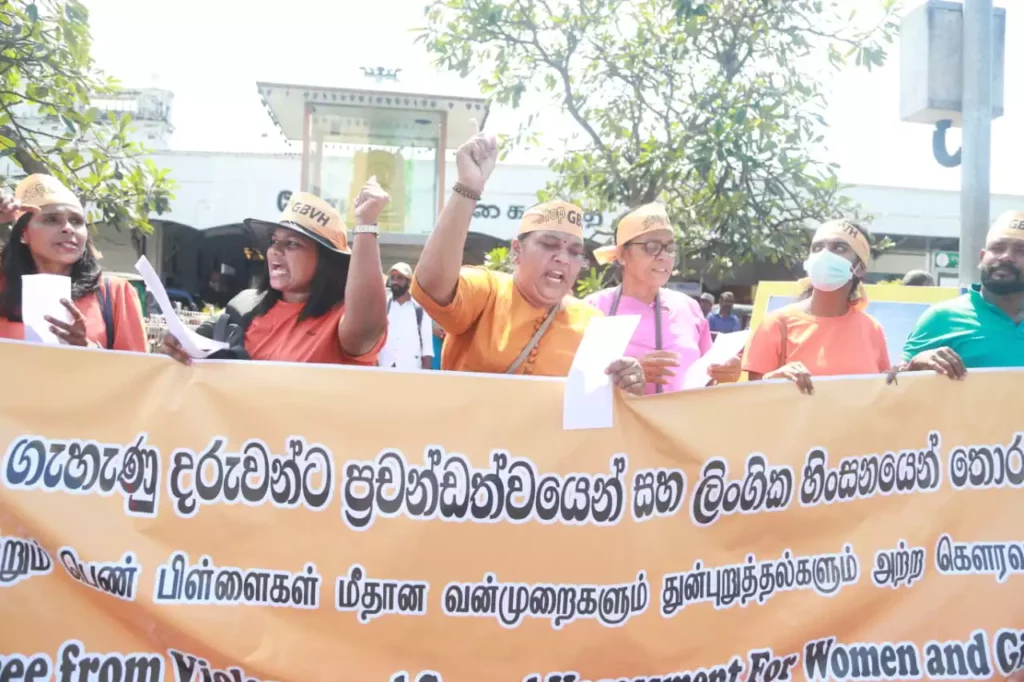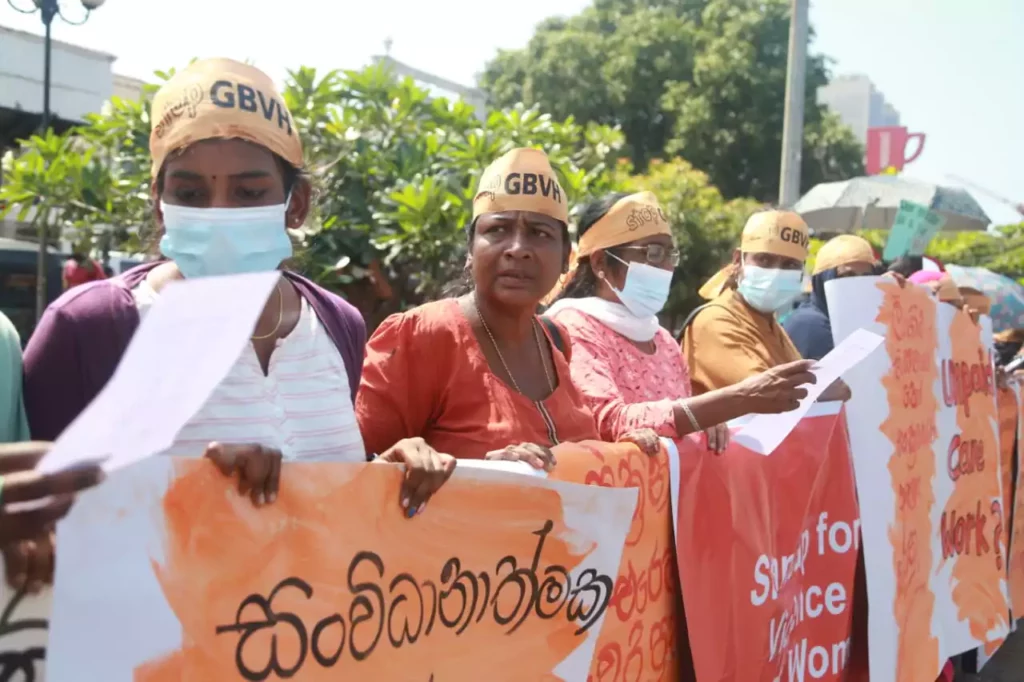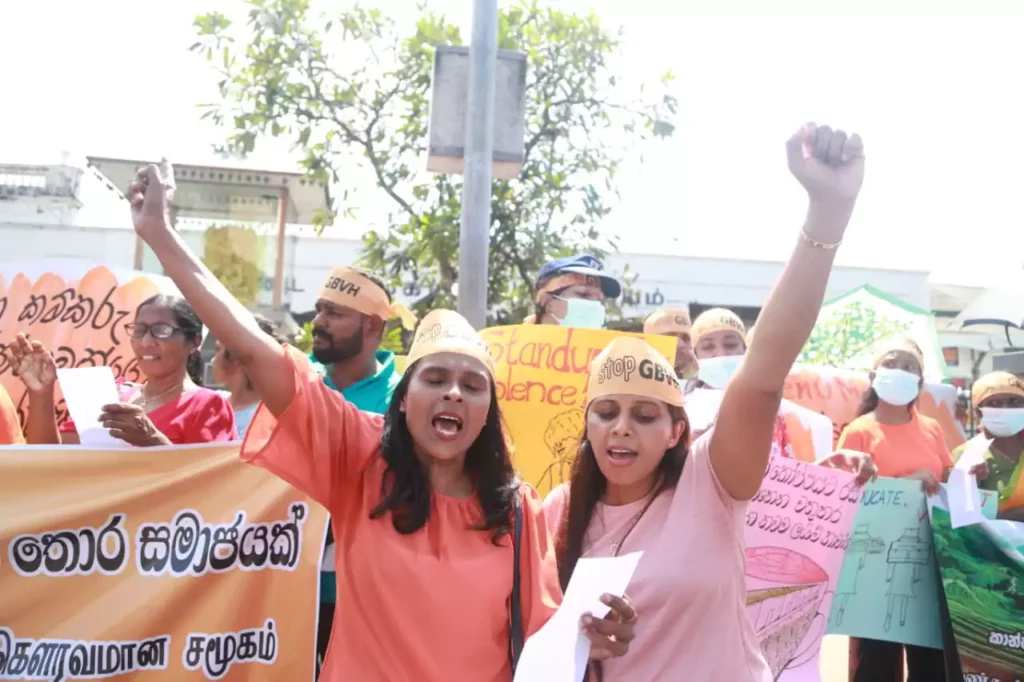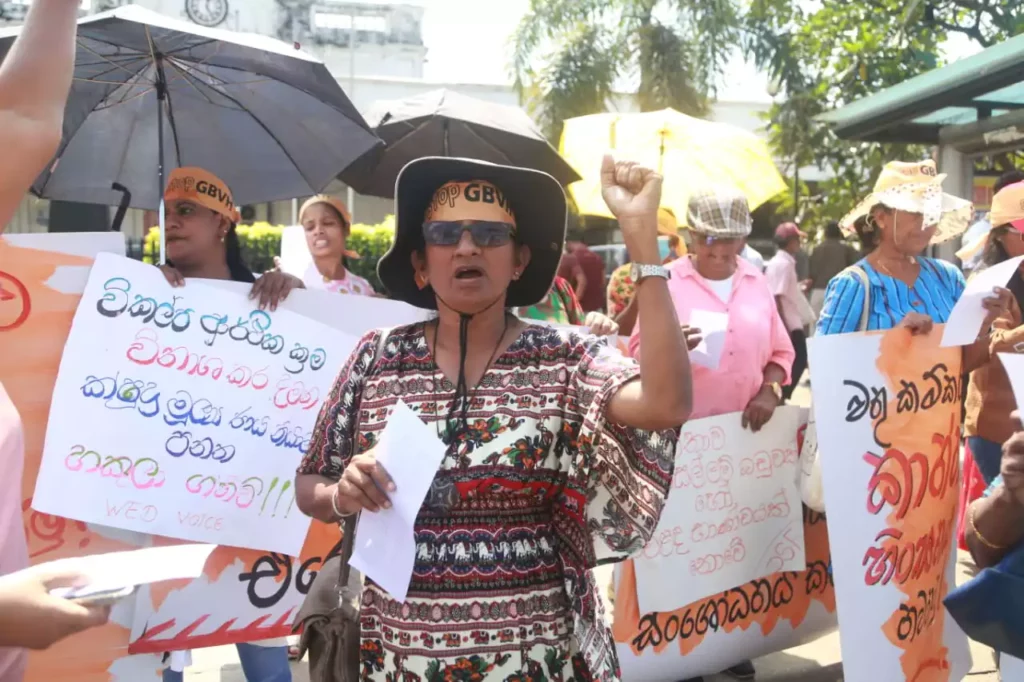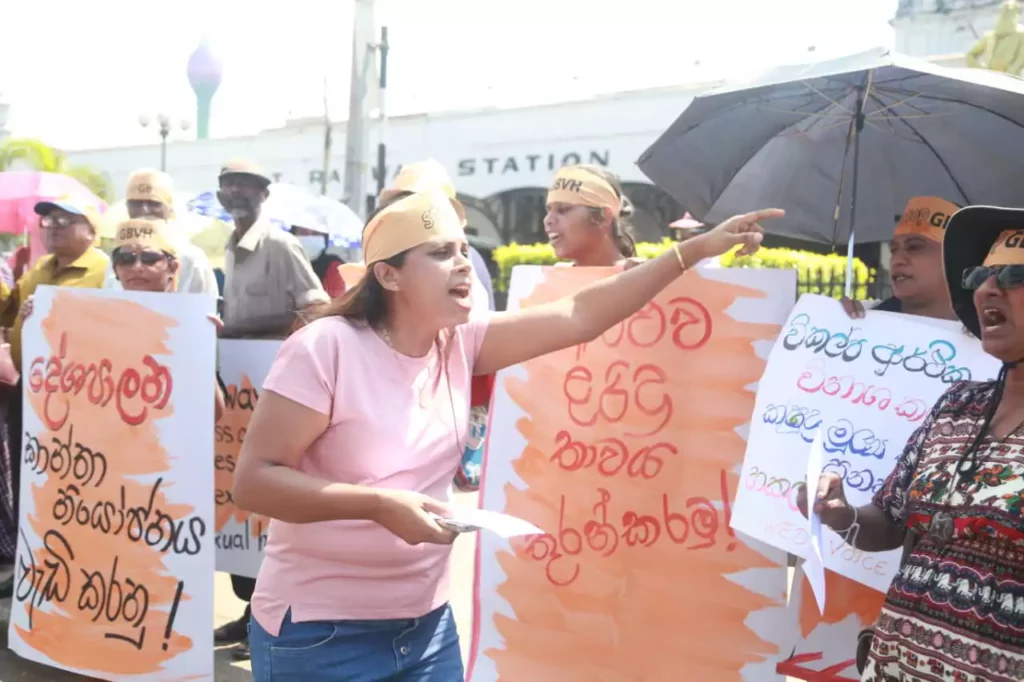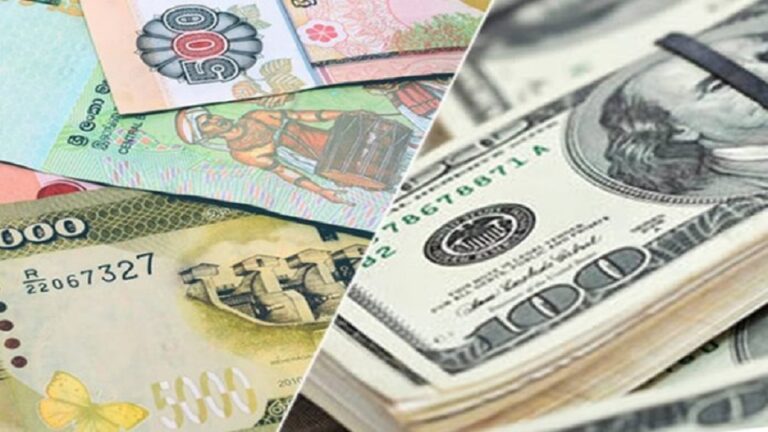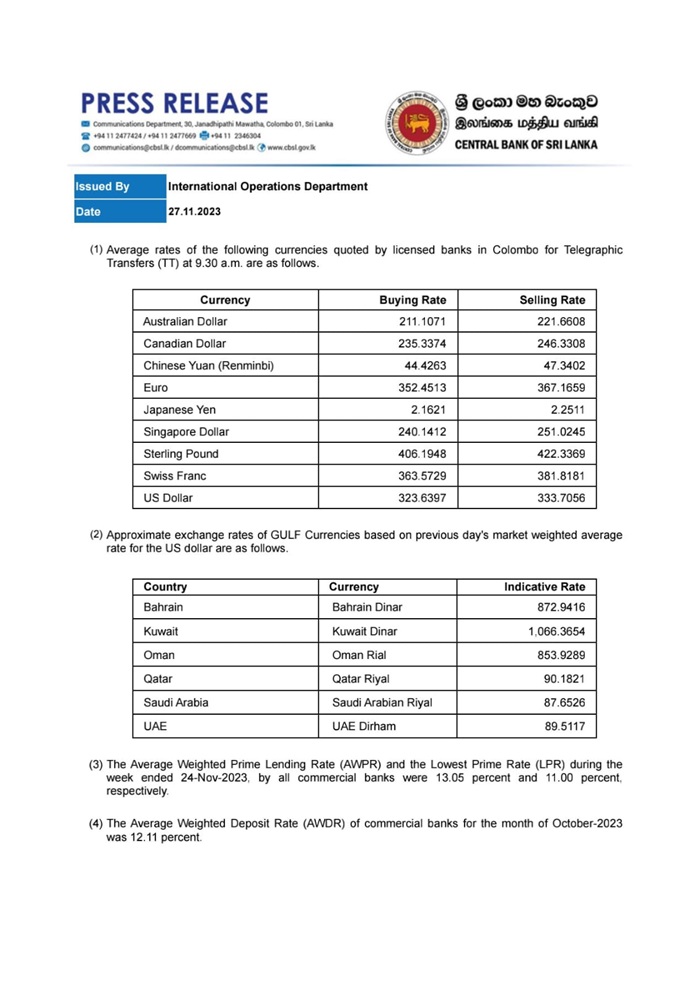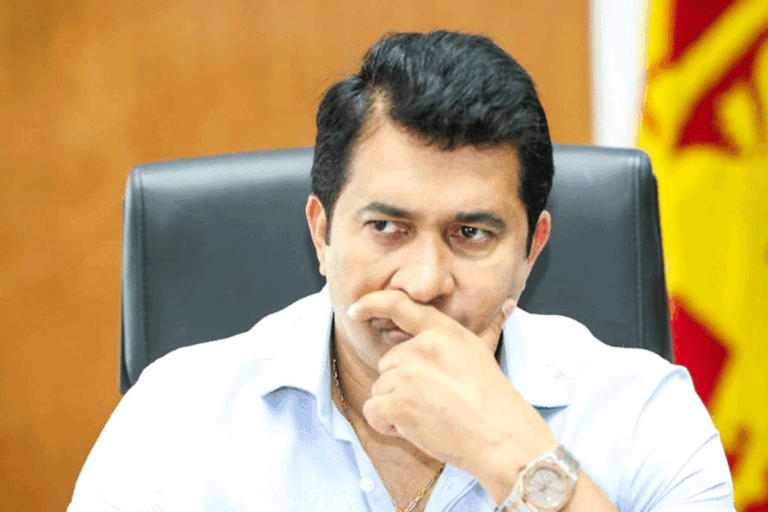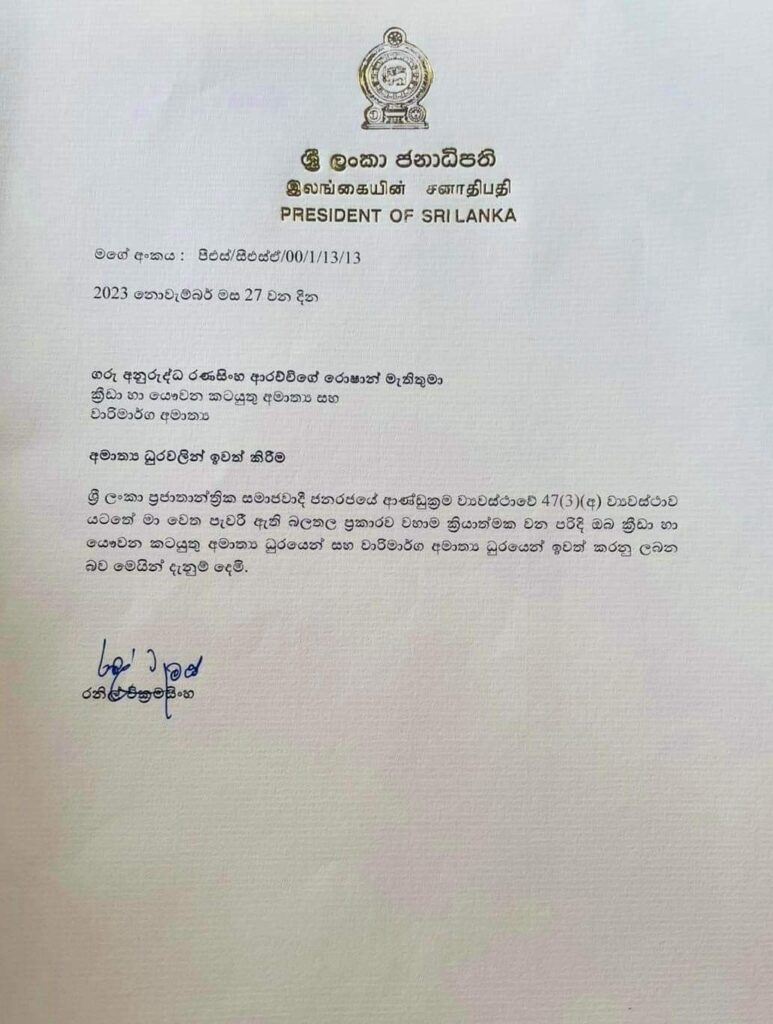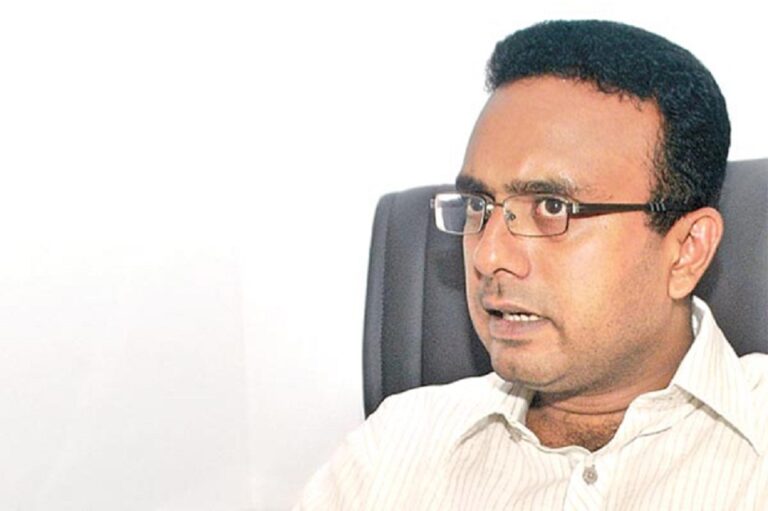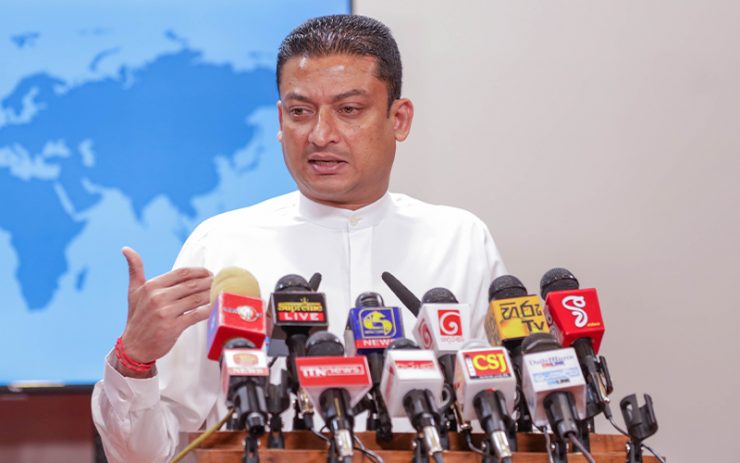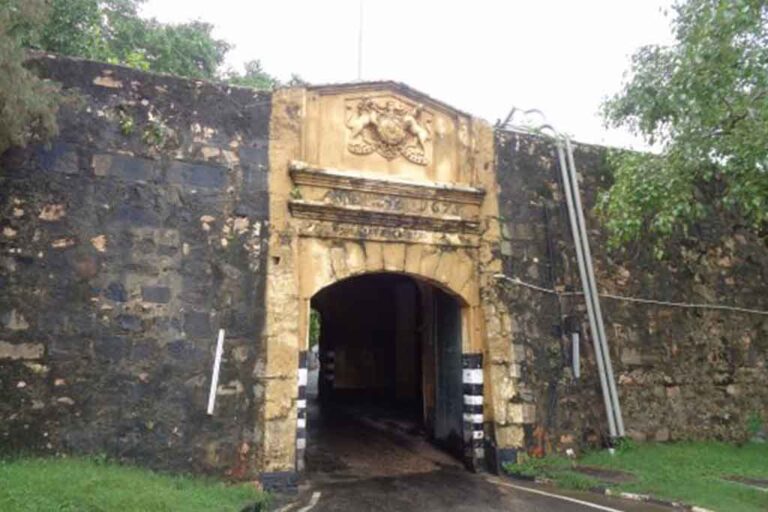Colombo (LNW): In December, six colonial-era artefacts originating from Sri Lanka will be repatriated from the Rijksmuseum Amsterdam in the Netherlands, according to the Embassy of the Kingdom of the Netherlands.
Among the items returning to the island are the Lewke’s cannon, a Golden Kasthane, a Silver Kasthane, a Sinhalese Knife, and two Guns that have been confirmed to belong to Sri Lanka.
After more than 200 years abroad, Dutch Ambassador for International Cultural Cooperation Dewi van de Weerd will lead a mission overseeing the handover on behalf of the Netherlands.
The physical return of these artefacts is scheduled for a two-day event at the Colombo National Museum on December 5 and 6, which will be open to the public and include educational activities highlighting the shared history of Sri Lanka and the Netherlands.
“With the restitution the Netherlands aim to strengthen the bilateral ties with Sri Lanka, while also coming to terms with its colonial past. As a part of this, Ambassador Van de Weerd hopes to discuss possibilities for further strengthening the cultural cooperation between the Netherlands and Sri Lanka,” the Embassy said in a statement.
It added: “Governments, museums, universities and advisory committees in both countries are already working together to return more Sri Lankan cultural heritage in the future. Through these initiatives the government of the Netherlands aims to open a new chapter in its relationship with Sri Lanka. A chapter with more focus on justice, reconciliation and equality”.


